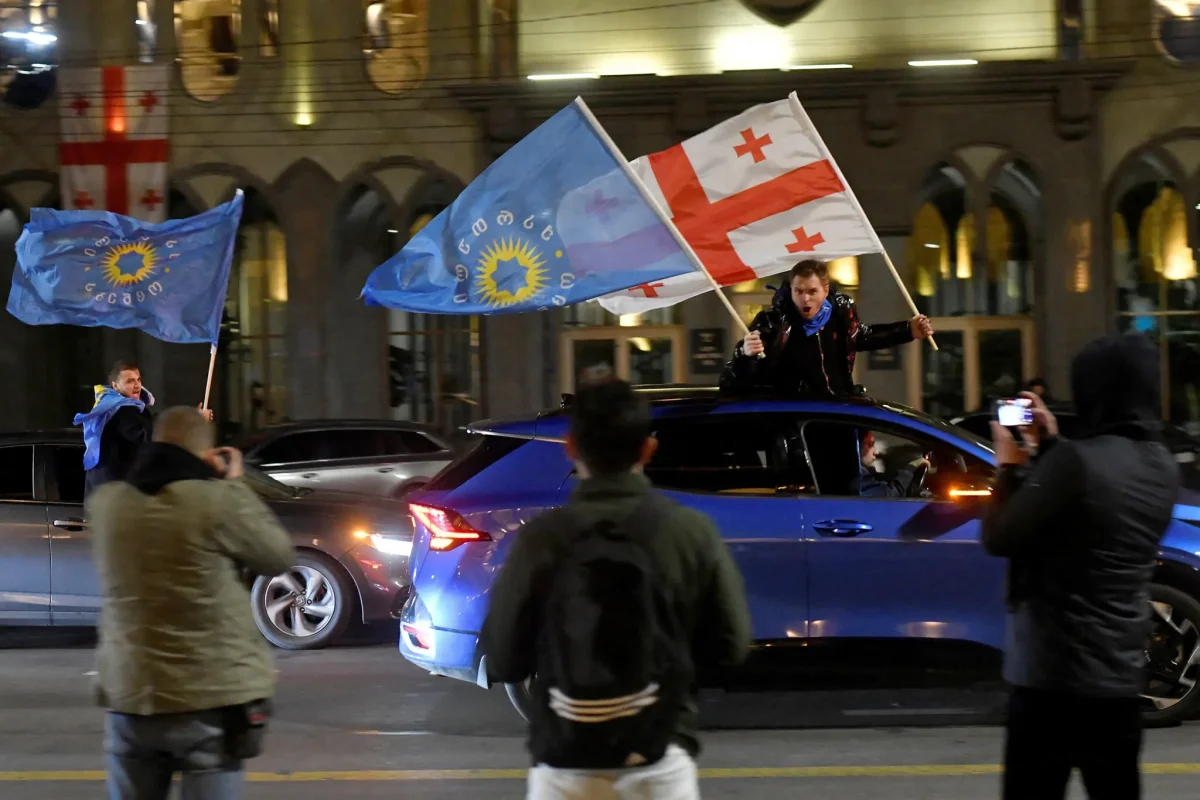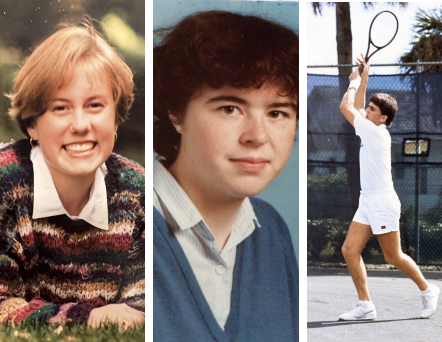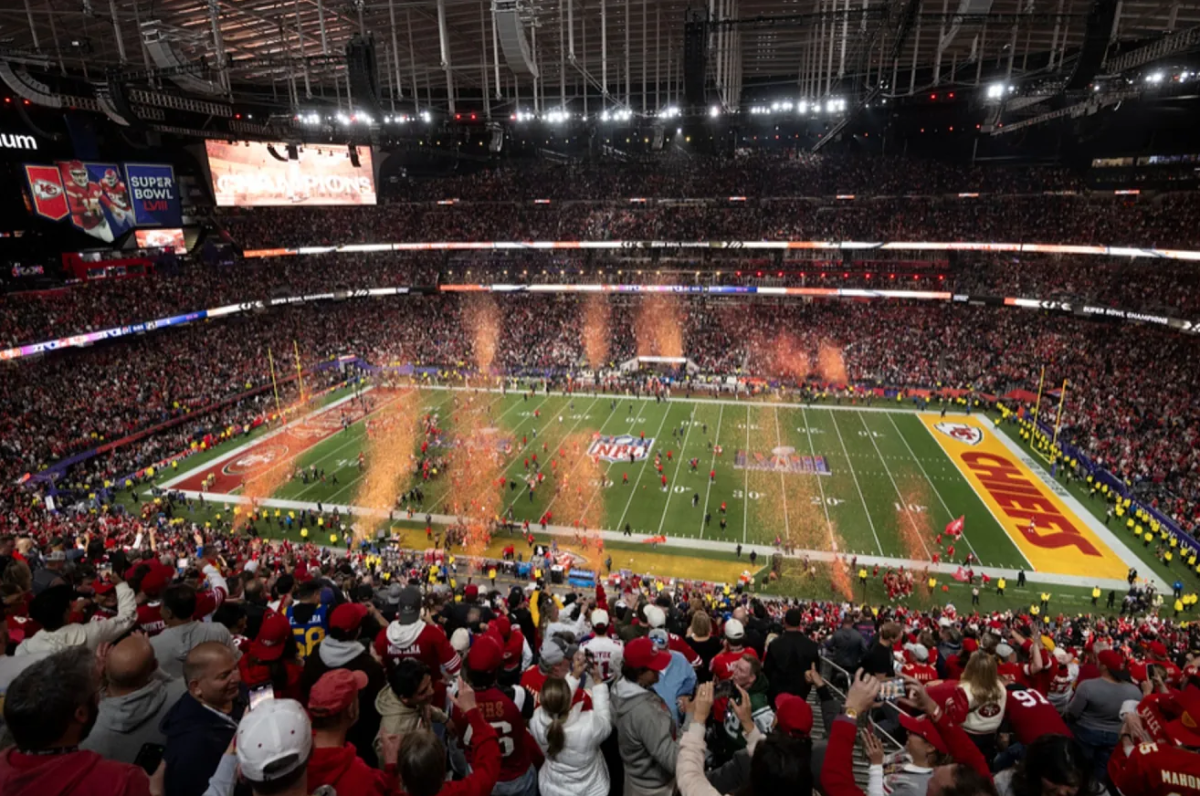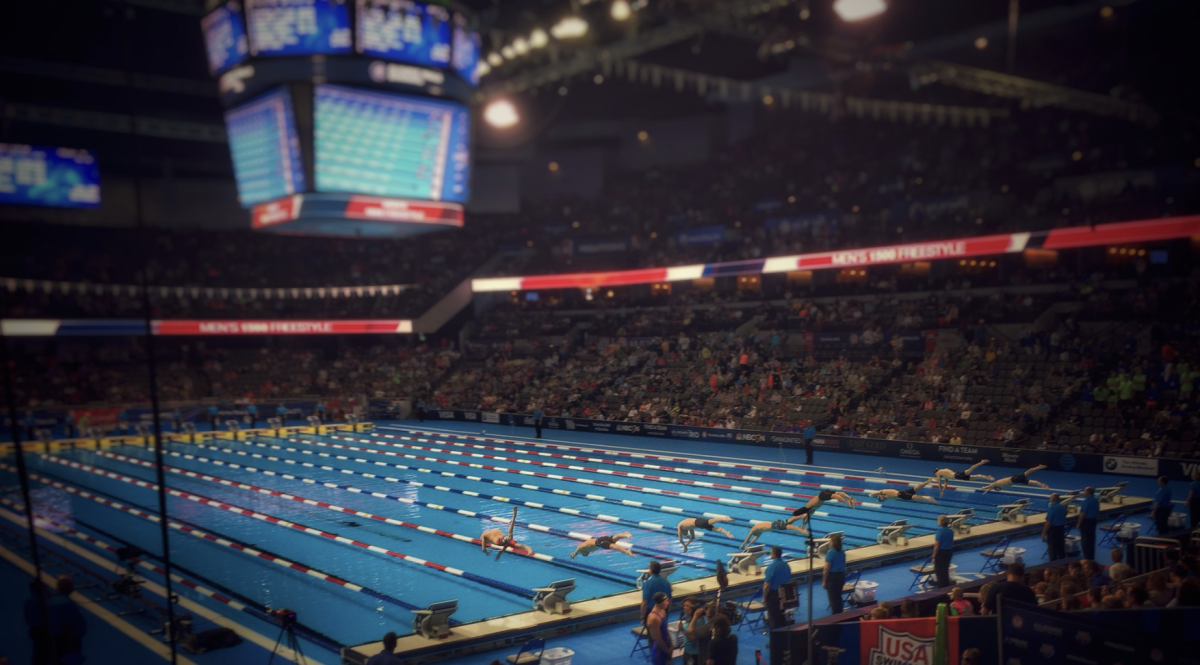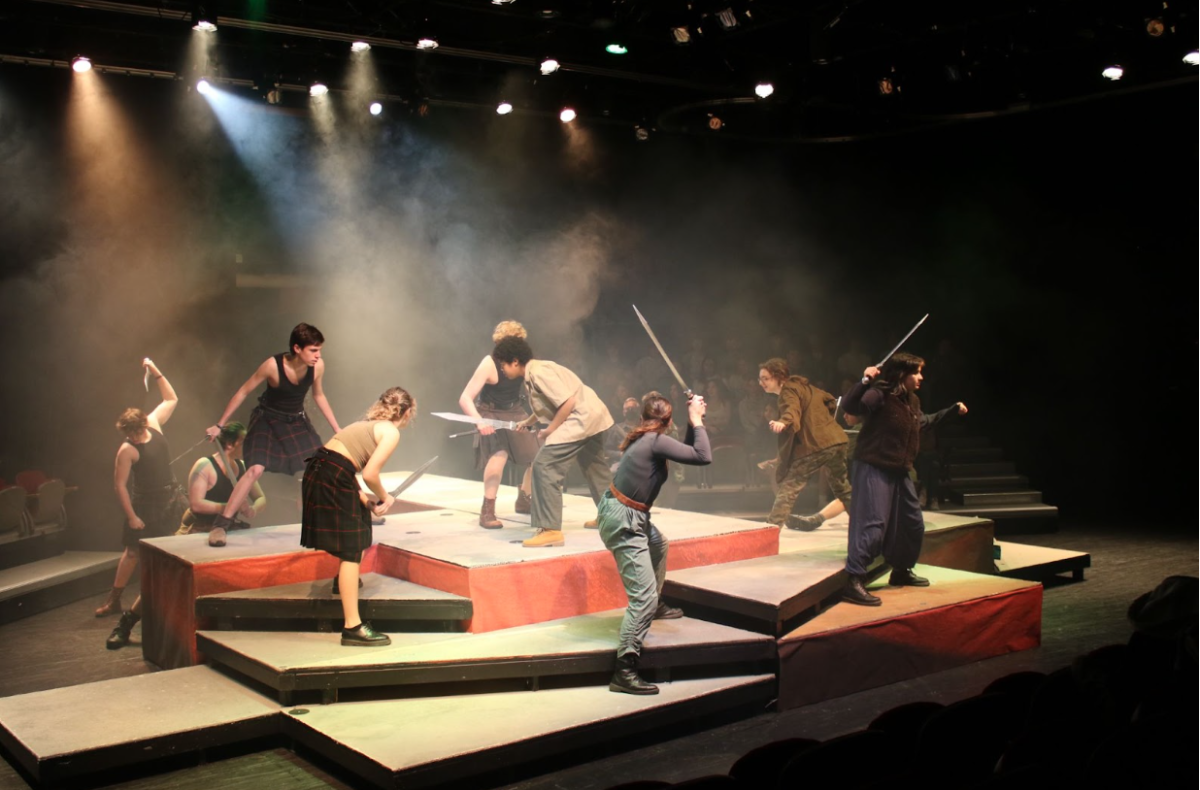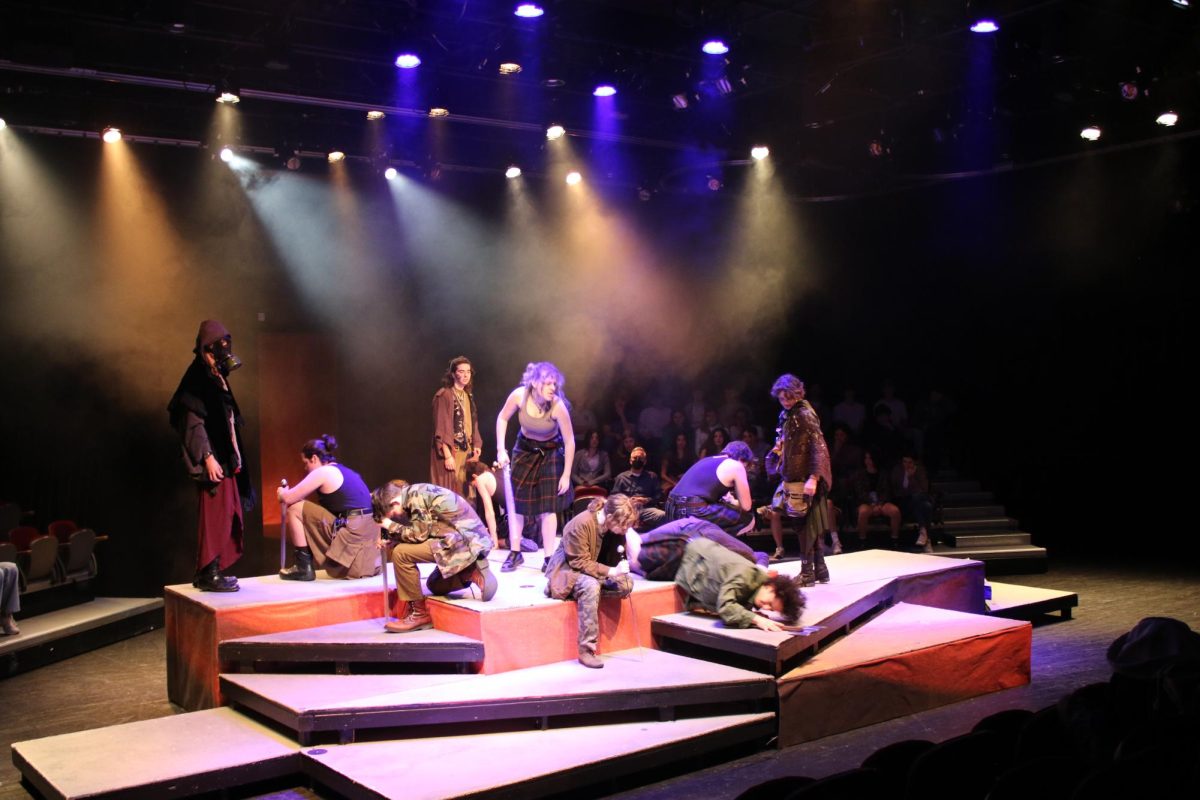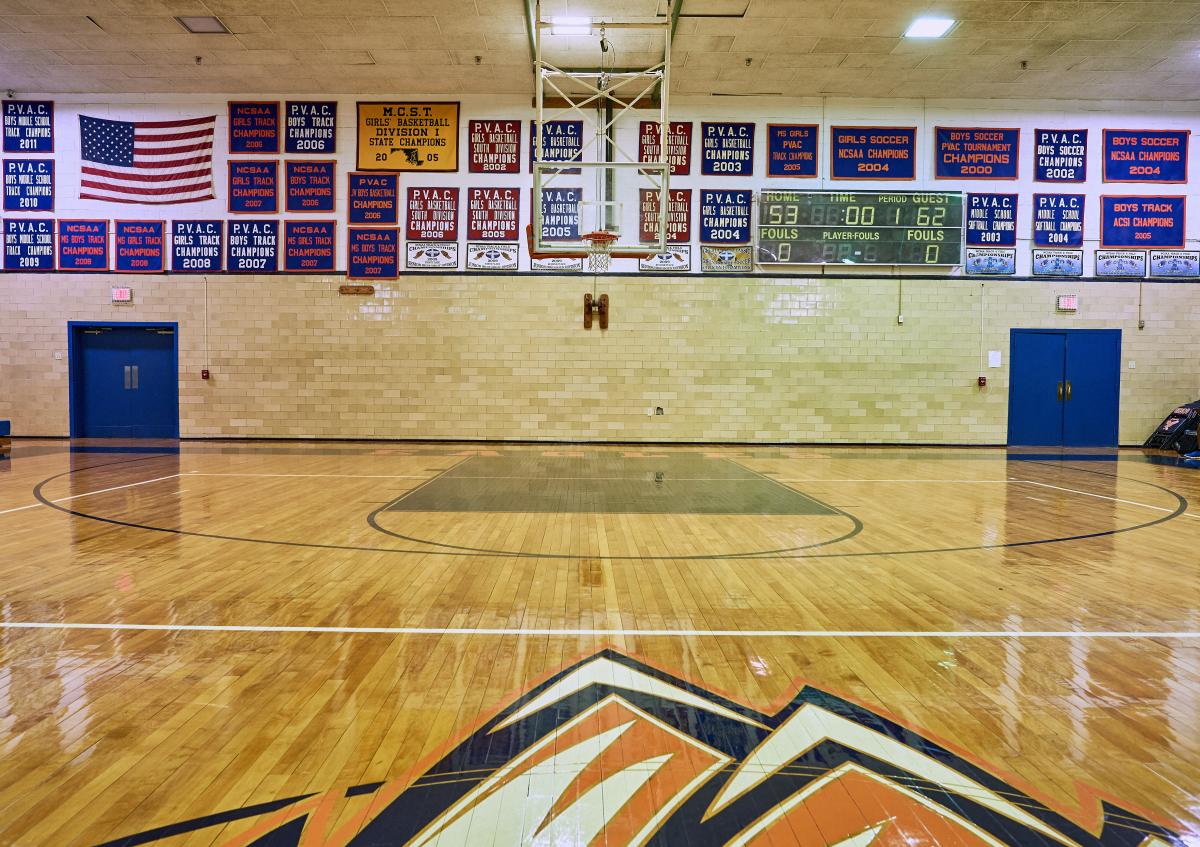LGBTQ issues are arising in every corner of America, and this past winter they hit home in the 13-member Potomac Valley Athletic Conference (PVAC). In mid-February, in response to a school leaving the conference because of transgender athletes on opposing teams, PVAC athletic directors overwhelmingly voted in favor of a new policy that allows student-athletes to play on the team consistent with their gender identity.
The PVAC had to tackle this issue in December when Grace Brethren Christian School, a longtime member of the conference, sent an email to all the PVAC athletic directors, announcing their departure from the league. The Clinton, Maryland-based school planned on leaving the league in the spring to avoid long travel times, but expedited its exit because of the presence of athletes who identify as transgender on competing teams.
George Hornickel, the school director of Grace Brethren, offered many reasons for their sudden departure, the first being that their school holds the biblical teaching that there are only two sexes: male and female. He also claimed that the PVAC lacked a specific policy on transgender athletes when transgender athletes started participating in PVAC competition.
After Grace Brethren’s announcement, most of the PVAC was ready to establish a formal, inclusive policy. One school asked to discuss the issue further, so the PVAC scheduled a January meeting at Sandy Spring Friends School to go over the policy. In February, league athletic directors voted 11-2 in favor of a new Article in the PVAC Handbook. WIS Athletic Director Tom O’Mara declined to share the schools who voted against the policy.
Article V of the PVAC Handbook now reads, “The PVAC is committed to the safety of, and respect for, all participants. Every student-athlete should have the opportunity to participate in PVAC activities in a manner that is consistent with their gender identity. The PVAC and its member schools will rely on the gender determination listed by the student’s school in consultation with the student-athlete and will not make separate gender identity determinations.”
Only 11 states have fully inclusive policies, similar to Article V, regarding gender identity, according to transathlete.com. The District of Columbia State Athletic Association (DCSAA) has a fully inclusive policy. Nine states have policies that state that the gender on the student’s birth certificate determines which team they play for. Other states have policies that are somewhere in between or don’t have specific policies concerning gender identity.
O’Mara and Head of School Suzanna Jemsby fully supported Article V.
“We don’t want to know about the team that has [a transgender athlete],” O’Mara said sternly. “It’s not fair to the kid to be pointed out in that fashion.”
Grace Brethren’s Hornickel also claimed that transgender girls playing on girls teams is unfair in many ways.
“We believe that schools that allow boys to play on girls teams is a form of cheating,” Hornickel wrote in an email. “It gives them an advantage over girls teams who only play female athletes.”
We believe that schools that allow boys to play on girls teams is a form of cheating. It gives them an advantage over girls teams who only play female athletes.
George Hornickel, School Director of Grace Brethren Christian School
Hornickel pointed to the recent controversy in Connecticut when two transgender girls were top finishers in February’s state indoor track championships.
Hornickel additionally said that girls who identify as transgender on girls teams undermines Title IX, the federal law that states that no person can be discriminated against because of gender.
“When guys identifying as transgender girls begin making up the rosters of female teams, girls who otherwise could have started are now coming off the bench, and girls who were the reserves may not make the teams,” Hornickel said.
Jemsby bristled at Hornickel’s reasoning in an interview in her office. “I think he’s fundamentally missing the point that these aren’t boys dressing up as girls,” Jemsby said. “These are young people who believe they are trapped in the wrong body.”
Some WIS athletes felt very strongly about Grace Brethren’s brazen exit.
“I think they took unnecessary action,” said girls varsity basketball star Riley Contee. “I really think they should’ve just stayed in the league.”
Jemsby made WIS’ stance on the issue very clear. She said that WIS would’ve left the PVAC if the new policy didn’t pass.
“We need to stand up for who we are,” Jemsby said. “It strikes me that in the year 2019 that we’re not able to resolve these things in favor of students is just insane.”
By Saul Pink

















